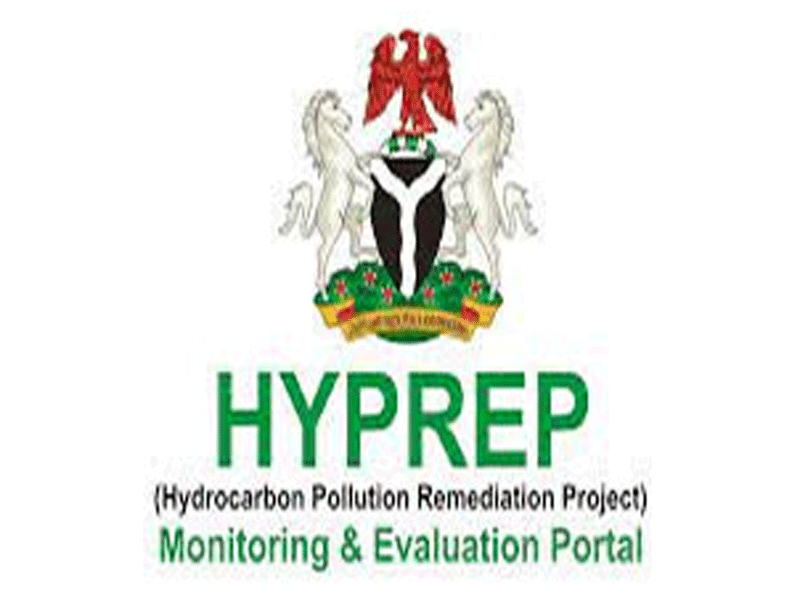Experts have raised concerns over the slow pace of enforcement and weak participation in Nigeria’s plastic neutrality and Extended Producer Responsibility (EPR) schemes, warning that without stronger frameworks and broader inclusion, the country’s plastic pollution crisis will persist.
They agreed that with stronger enforcement, wider industry participation, and collaborative partnerships, Nigeria could make measurable progress towards reducing the environmental impact of plastic waste.
Speaking in Lagos at a training for journalists organised by the Lagos Business School Sustainability Centre in partnership with Nestlé Nigeria, Founder and CEO of Chanja Datti, Dr Olufunto Boroffice, said the current system excludes a large number of small-scale producers, leaving multinational companies to shoulder most of the responsibility.
Delivering a presentation on ‘Plastic Neutrality in Africa: Myth, Marketing or Measurable Impact,’ Boroffice stressed the need for a more transparent approach and greater accountability.
“A lot of smaller water producers and other plastic-based businesses are not part of the conversation to solve the problem of plastic pollution,” she said. “Brands pledge to recycle, but only a few truly commit. Many local brands must join the EPR scheme, contribute financially, and help mop up plastic waste from the environment.”
She linked plastic pollution to significant public health risks and lamented the lack of infrastructure to address the problem, calling on the media to play a bigger role in public sensitisation, especially by using local languages to engage communities.
Boroffice also cited a warning from Plastics Recyclers Europe (PRE), which reported that the recycling industry faces possible collapse, with the EU projected to lose triple the recycling capacity it had in 2023 by 2025. Factors include low demand for recycled plastics, high operational costs, low virgin plastic prices, and cheap imports.
Director of the Lagos Business School Sustainability Centre, Oreva Atanya, echoed the call for government support, saying investment in the recycling value chain could help tackle environmental degradation while creating jobs.
Nestlé Nigeria’s Head of Corporate Communications, Victoria Uwadoka, outlined the company’s strategy for achieving zero waste to landfill. “We are optimising our packaging and ensuring that whatever waste we put into the environment, we remove,” she said.
“We are moving towards full circularity, partnering with recyclers such as Alef in Agbara, working with the media, Lagos State Government, and other organisations to find homegrown solutions.”






